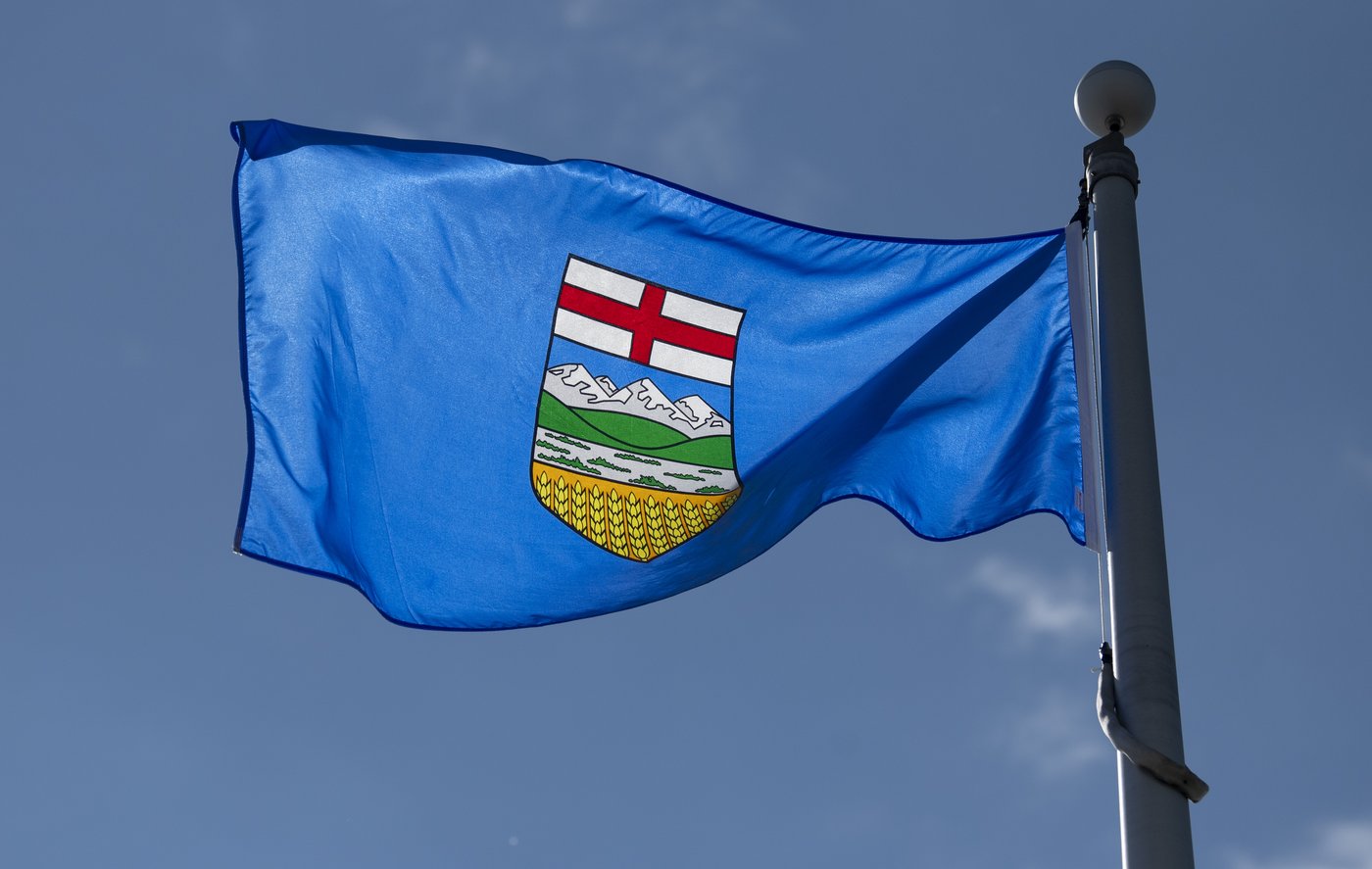EDMONTON — Legal Aid Alberta says it will stop providing lawyers to those who can’t afford them by next Tuesday over a funding and governance dispute with the province.
It says in a statement the United Conservative Party government has ended months of contract negotiations with an ultimatum that would undermine the agency’s independence and place it financially under the thumb of the justice minister.
“The independence of legal aid must be sacrosanct,” said the statement from board chairman Ryan Callioux. “If it is not, the justice system will suffer significantly.”
In a statement, Justice Minister Mickey Amery said the agency’s budget has almost doubled over the last nine years to $110 million, without an increase in the number of clients served.
“This funding growth is grossly unsustainable,” he said. “We have offered to extend the existing funding agreement to ensure the delivery of legal services … while we continue to work with Legal Aid Alberta on the new funding agreement with strengthened transparency and accountability.”
The government has offered an interim $27.5-million grant.
Legal aid in Alberta has been funded jointly by the federal government, the province and money raised by interest on funds held in trust by lawyers. That governance agreement, overseen by the Law Society of Alberta, controlled not only how the money was spent but also ensured those whom it served had basic legal guarantees, such as the right to choose their own representation.
That five-year agreement expired Monday. The parties had been in talks since March 2023 to renew it.
On Friday before the long weekend, Legal Aid Alberta received a letter from Alberta Justice saying a new funding arrangement would be instituted. Under that proposal, the province’s contribution would come through one-year grants controlled by the justice minister.
That model gives Amery “absolute and total control,” said Edmonton criminal defence lawyer Paul Moreau.
“The minister can review the funding, he can change it at any time, he can terminate it at any time, he can decide the government has overspent and require legal aid to pay back money that’s already been spent.”
Uncertain, one-year funding hamstrings the agency’s ability to litigate complex, multi-year cases, Moreau said.
It also undermines the organization’s independence, especially in cases involving family law, child welfare and immigration, Moreau said.
“In many of these different contexts, the other side of the litigation is the government. It’s important that the lawyer that is appointed and the organization that’s paying that lawyer be independent of government.
“If the government were to find displeasure in anything done by legal aid, they could exact vengeance by withholding funds or demanding repayment of funds.”
The proposal would restrict the organization’s ability to pay third-party experts, including psychologists, or for services such as court transcripts. It would also cut the law society out of legal aid, although Amery said the society would “continue to be involved in legal aid board governance.”
Justice and human rights advocate Mark Cherrington said he supports Amery’s changes, saying the current legal aid model is bloated and siphons too much money away from front-line services. He said Legal Aid Alberta doesn’t understand the clients it serves and chastises its own lawyers for being too eager to challenge government policy in court.
“We need something a bit sharper, a bit leaner and focused on the legal aspect of it, not the political aspect of it.”
He said Amery’s proposal could point toward a public defender system led by experienced lawyers, with “firewalls” between it and politicians and answerable to the legislature, not the minister.
In its statement, Legal Aid Alberta said its lawyers will no longer be provided after Tuesday, including duty counsel – lawyers who represent those making their first court appearance.
Court backlogs are inevitable, said Moreau.
“People will languish in jail, cases will be delayed, so the courts will plug up again.”
Moreau questioned Amery’s rationale of stewarding tax dollars. He said governments are required under the Constitution to provide counsel for those who can’t afford it, and Alberta may now be forced to hire lawyers privately instead of going through legal aid.
“It will cost astronomically more money,” Moreau said. “This isn’t about the money. It’s about something else.”
Opposition New Democrat justice critic Irfan Sabir said the move is about control and likened it to other initiatives that increased government influence over institutions, including municipalities and universities.
“Nobody’s asking for what the UCP is planning to do,” he said.
“This is an interference in the justice system. It’s deeply concerning that this government would want to have more control over anything and everything.”
This report by The Canadian Press was first published July 3, 2024.
Bob Weber, The Canadian Press







